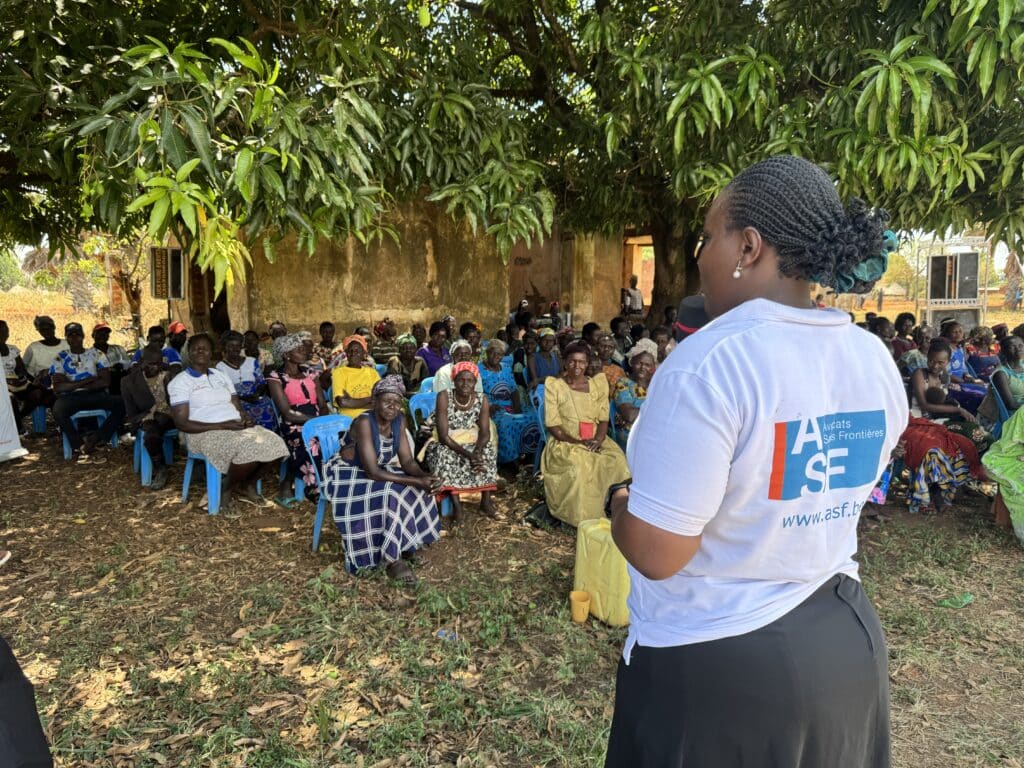
Across Uganda, the promise of justice remains unevenly realized. Despite a robust legal framework and ongoing reforms, many women and girls still struggle to claim their rights in practice. Structural inequalities, entrenched social norms, and gaps between policy and implementation continue to limit access to justice, leaving survivors of violence and marginalized groups without effective remedies. At the same time, progress has been made—through judicial activism, gender mainstreaming, and the work of civil society organizations pushing for systemic change. It is within this complex landscape that Avocats Sans Frontières (ASF) and its partners have worked over the past four years to advance women’s legal empowerment and expand pathways to justice.
Uganda’s justice system is shaped by a hybrid model: a formal, state-based legal system and an informal system rooted in cultural and religious leadership. While formal courts adjudicate both civil and criminal disputes, many Ugandans—especially women—face significant barriers to accessing them. Economic hardship, distance, and limited legal literacy often push people toward informal mechanisms in their communities. Yet, these systems are not without flaws: patriarchal biases and unequal power dynamics frequently limit women’s ability to assert their rights.
At the policy level, progress has been uneven. Key legal reforms such as the Witness Protection Bill, the National Legal Aid Bill, and the Marriage and Divorce Bill remain pending. Although Uganda adopted its Transitional Justice Policy in 2019, its implementation plan remains unclear. At the same time, judicial activism has led to landmark rulings on divorce, criminal adultery, succession, female genital mutilation, and bride price, striking down discriminatory provisions.
The government has also made strides in gender mainstreaming. The Ministry of Gender, Labour and Social Development (MGLSD) coordinates gender equality efforts nationwide, supported by the Uganda Gender Policy and multiple frameworks on gender-based violence (GBV). Still, gaps persist between policy and practice: legal commitments have yet to translate into consistent protection, prevention, and effective access to justice for women and girls.
It is in this context that Avocats Sans Frontières (ASF), in partnership with Penal Reform International (PRI), the Uganda Women’s Network (UWONET), and Barefoot Law (BFL), implemented the From Access to Equality (FATE) Project (2021–2025). Funded by the Embassy of the Kingdom of the Netherlands, the four-year initiative sought to empower women and girls to pursue justice in an environment responsive to their needs.
The project adopted a dual approach: enabling women to demand justice, while encouraging decision-makers to make rights effective. Implemented in Northern (Acholiland), Eastern (Busoga and Karamoja), and Western (Bunyoro) Uganda, FATE directly contributed to Sustainable Development Goals 5 (gender equality), 10 (reduced inequalities), and 16 (inclusive institutions and access to justice).
Through diverse interventions, FATE addressed both immediate and systemic barriers. Women received mini-grants and start-up kits to boost economic and legal empowerment, while survivors of gender-based violence accessed shelters, legal aid, and psychosocial support. ASF and partners also strengthened digital tools to connect women with legal information and services, and provided psychiatric support to women offenders in prisons. By December 2024, the project had reached 89% of its implementation targets.
To mark the culmination of this work, ASF and partners are convening a National Conference on Women’s Access to Justice in Kampala under the theme: “Strengthening ecosystems that sustain women’s legal empowerment in an environment that serves their needs.” The one-day event will bring together state and non-state actors, community mediators, and development partners to reflect on achievements, lessons learned, and strategies for sustainability.
By fostering dialogue between institutions, communities, and civil society, the conference aims not only to celebrate four years of progress but also to chart a way forward. The challenge remains clear: bridging the gap between laws and lived realities so that all women and girls in Uganda can enjoy their rights and access justice in full dignity.



